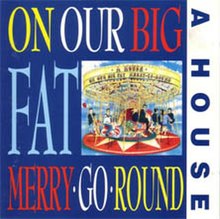
Mathis James Reed was an American blues musician and songwriter. His particular style of electric blues was popular with a wide variety of audiences. Reed's songs such as "Honest I Do" (1957), "Baby What You Want Me to Do" (1960), "Big Boss Man" (1961), and "Bright Lights, Big City" (1961) appeared on both Billboard magazine's R&B and Hot 100 singles charts.

John J. Mellencamp, previously known as Johnny Cougar, John Cougar, and John Cougar Mellencamp, is an American singer-songwriter. He is known for his brand of heartland rock, which emphasizes traditional instrumentation. He was inducted into the Rock and Roll Hall of Fame in 2008, followed by an induction into the Songwriters Hall of Fame in 2018.
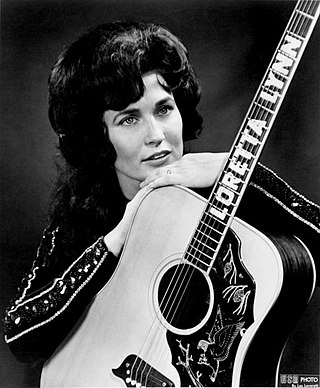
Loretta Lynn was an American country music singer and songwriter. In a career spanning six decades, Lynn released multiple gold albums. She had numerous hits such as "Hey Loretta", "The Pill", "Blue Kentucky Girl", "Love Is the Foundation", "You're Lookin' at Country", "You Ain't Woman Enough", "I'm a Honky Tonk Girl", "Don't Come Home A-Drinkin' ", "One's on the Way", "Fist City", and "Coal Miner's Daughter". The 1980 musical film Coal Miner's Daughter was based on her life.
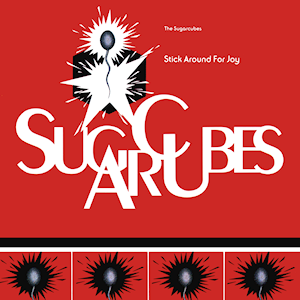
Stick Around for Joy is the third and final studio album by the Icelandic alternative rock band the Sugarcubes. It was released in 1992 by Elektra. The album was supported by four singles: "Hit", which reached number one on the Modern Rock Tracks chart in the US and number 17 on the UK Singles Chart, "Walkabout", "Vitamin" and "Leash Called Love", which went to number one on the US Dance chart.

Tapestry is the second studio album by American singer-songwriter Carole King, released on February 10, 1971, by Ode Records and produced by Lou Adler. The album's lead singles, "It's Too Late" and "I Feel the Earth Move", spent five weeks at number one on both the Billboard Hot 100 and Easy Listening charts.

Easy Action is the second studio album by the American rock band Alice Cooper, released by Straight Records in March 1970. The title comes from a line from one of the band's favorite films, the musical West Side Story. As with Pretties for You, the band's debut from the previous year, Easy Action was neither a commercial nor critical success. Singles include "Shoe Salesman" and "Return of the Spiders".

"Roll Over Beethoven" is a 1956 song written by Chuck Berry, originally released on Chess Records, with "Drifting Heart" as the B-side. The lyrics of the song mention rock and roll and the desire for rhythm and blues to be as respected as classical music. The song has been covered by many other artists, including the Beatles and the Electric Light Orchestra. Rolling Stone magazine ranked it number 97 on its 2004 list of the "500 Greatest Songs of All Time".
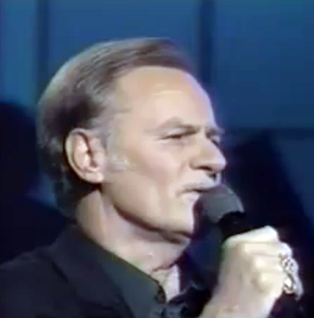
Vernon Gosdin aka Country music's "The Voice", was an American country music singer. He had 19 top-10 solo hits on the country music charts from 1977 through 1990. Three of these hits went to Number One: "I Can Tell By the Way You Dance ", "Set 'Em Up Joe", and "I'm Still Crazy".
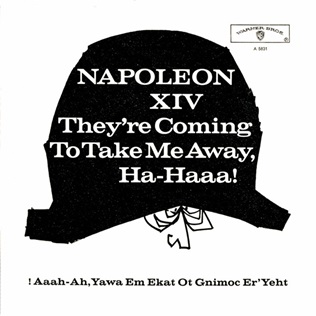
"They're Coming to Take Me Away, Ha-Haaa!" is a 1966 novelty record written and performed by Jerry Samuels, and released on Warner Bros. Records. The song became an instant success in the United States, peaking at No. 3 on the Billboard Hot 100 popular music singles chart on August 13, No. 1 on the Cash Box Top 100 Pop Singles charts, No. 2 in Canada, and No. 4 on the UK Singles Chart.
The Merry-Go-Round was an American psychedelic rock, Los Angeles based band, best known for the singer-songwriter Emitt Rhodes and featuring Joel Larson on drums, Gary Kato on lead guitar, and Bill Rinehart on bass. The group gained inspiration from bands like the Beatles, the Byrds, and the Left Banke for its vocal harmonies and instrumental acquisitions. They used their contemporaries' styles to create their own sound.

"The Nearness of You" is a popular song written in 1937 by Hoagy Carmichael with lyrics by Ned Washington. Intended for an unproduced Paramount film titled Romance In The Rough, the studio's publishing division Famous Music reregistered and published the song in 1940. It was first recorded by Chick Bullock and his Orchestra on Vocalion. Despite numerous accounts to the contrary, the song was never scheduled for and does not appear in the 1938 Paramount film Romance in the Dark.
"Good Times" is a song written and recorded by Sam Cooke, released as single in 1964.

Music to Crash Your Car To: Vol. 1 is the fifth compilation album by the American glam metal band Mötley Crüe. It contains their first four albums in their reissued format : Too Fast for Love, Shout at the Devil, Theatre of Pain and Girls, Girls, Girls.

Chuck Berry's Golden Decade is a compilation of music by Chuck Berry, released in three volumes in 1967, 1973, and 1974. Covering the decade from 1955 to 1964, each volume consists of a two-LP set of 24 songs recorded by Berry. The first volume reached number 72 on Billboard's Pop Albums chart. The second volume peaked at number 110. The third volume, which included only two hit singles among its tracks, did not chart.

"I Know You're Out There Somewhere" is a 1988 single by the English rock band the Moody Blues. It was written by guitarist Justin Hayward, and it is the sequel to the Moody Blues' 1986 single "Your Wildest Dreams", also written by Hayward. It is the band's final Top 40 single in the United States, peaking at #30 on the Billboard Hot 100.

"Part-Time Love" is a song written by English musician Elton John with lyrics by Gary Osborne. It is the sixth track off his 1978 album, A Single Man. It is also the opening track of side two. It proved to be one of the most popular singles the pair wrote, along with 1982's "Blue Eyes" and the 1980 US million seller "Little Jeannie". It was banned in the Soviet release of the album along with another song, "Big Dipper". The single reached No. 15 in the UK and peaked just outside the Top 20 in the US at No. 22.

On the Rural Route 7609 is a box set by rock singer/songwriter John Mellencamp that was released on June 15, 2010. The first part of the title refers to the song "Rural Route" from his 2007 album Freedom's Road and the fact that Mellencamp's music and lifestyle have always been very rural in nature, and 7609 references that the set spans Mellencamp's entire recording career from 1976 to 2009. Said Mellencamp in the set's liner notes: "I started making records in '76, and the most recent track on the collection was done in '09. So Rural Route 7609; it's like an address. I thought it sounded cool."

That's What Friends Are For is an album by American singers Johnny Mathis and Deniece Williams, released in July 1978 by Columbia Records. The project was a continuation of the pairing of the artists that began on his previous LP, You Light Up My Life, which included "Too Much, Too Little, Too Late", the duet that was on its way to number one on three different charts in Billboard magazine as the recording sessions for this album got underway.
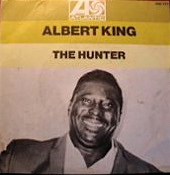
"The Hunter" is a blues song first recorded by Albert King in 1967 for his landmark album Born Under a Bad Sign. It was written by Stax Records' house band, Booker T. and the MGs, and Carl Wells. Along with "Born Under a Bad Sign" and "Crosscut Saw", "The Hunter" is one of King's best-known and most-recorded songs. In 1969, Ike & Tina Turner's version reached the singles charts in the U.S.
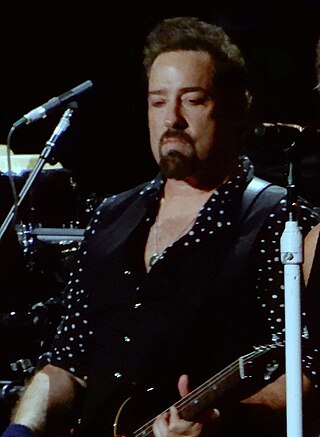
John Matthew Shanks is an American songwriter, record producer and guitarist.
